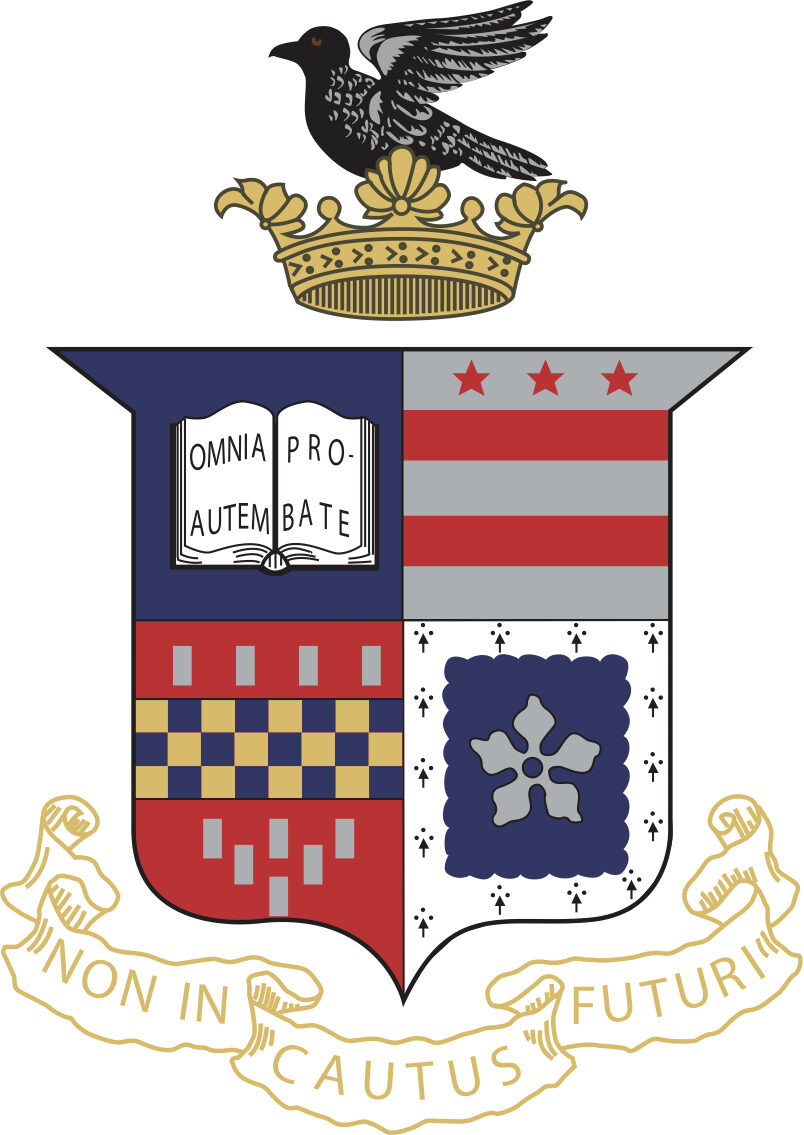Answerable only to the courts that have the sole authority to grant or withhold the right to practice law, lawyers operate under a system of self-regulation. The self-regulated legal profession staunchly resists external interference from the legislative and administrative branches of government. Yet, with the same fervor that the legal profession defies non-judicial oversight, it has subordinated itself to the controlling influence of a private interest. By outsourcing the mechanisms that dictate admission to the bar, the legal profession has all but surrendered control of the most crucial component of its gatekeeping function to an unregulated industry that profits at the expense of those seeking entry.
The judicial outsourcing of the bar exam has privatized bar admission in ways that can be detrimental to the goal of public protection and damaging to those seeking licensure. The manner in which state courts have fostered privatized bar admission brings into question whether the delegation of judicial power is consistent with Constitutional prerogatives. This Article applies the lenses of multiple political-economic theories to the normative framework of attorney self-regulation and bar admission. In so doing, it seeks to identify justifications for outsourcing an exclusive judicial power that is essential to the goals of self-regulation. This Article ultimately questions whether the legal profession has surrendered, or will soon lose, the ability to regulate itself. The Article concludes with multiple recommendations to reverse the directional flow of power in attorney licensure in a manner that will yield more transparency and public accountability.
